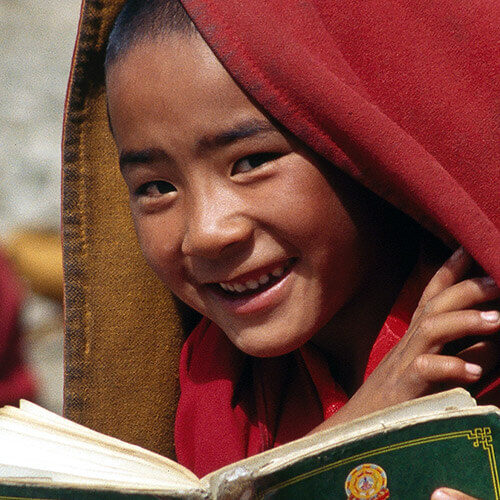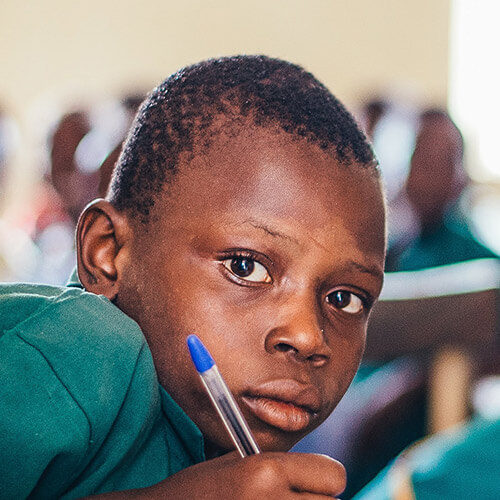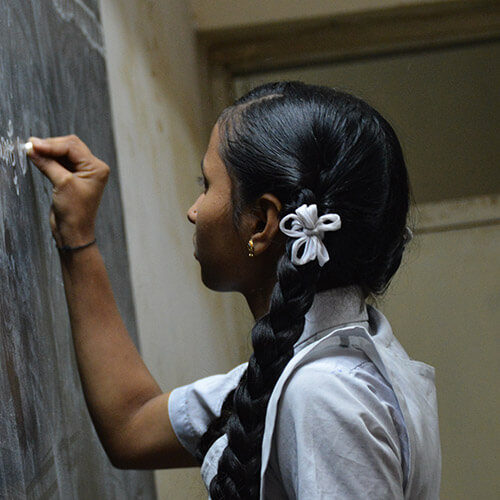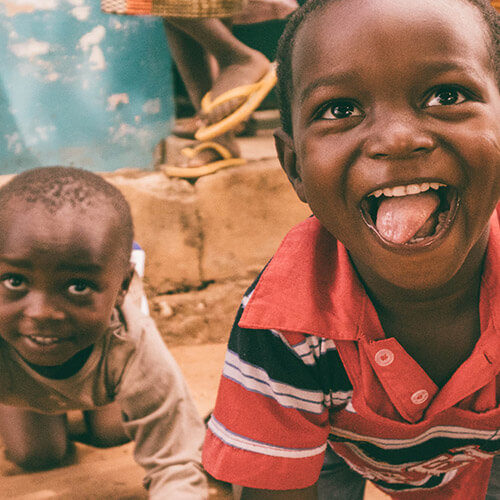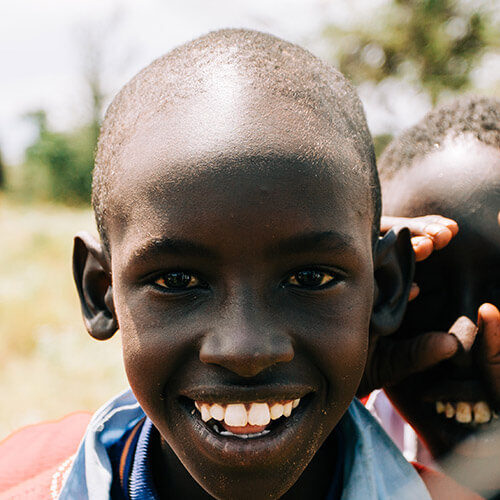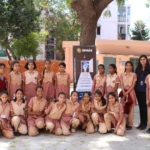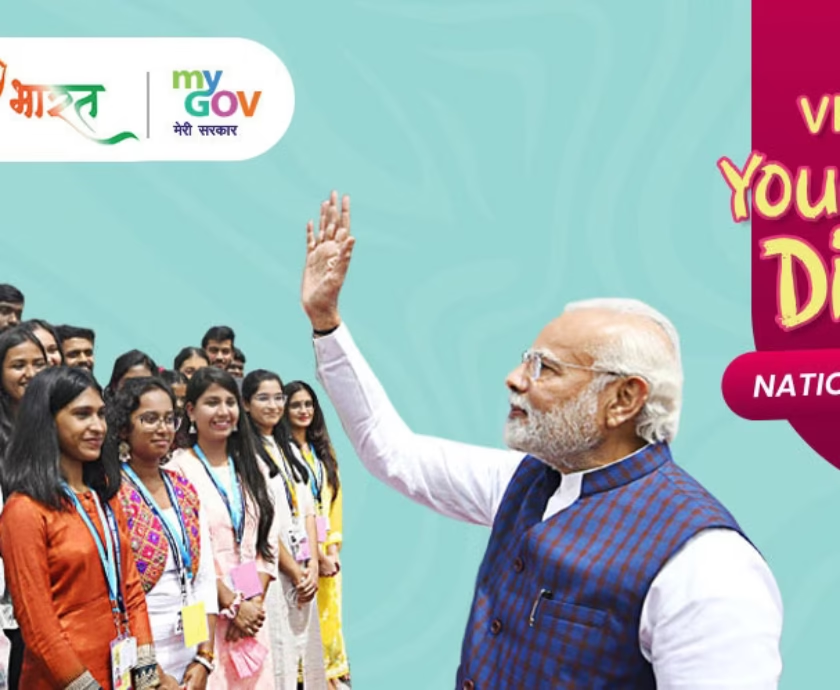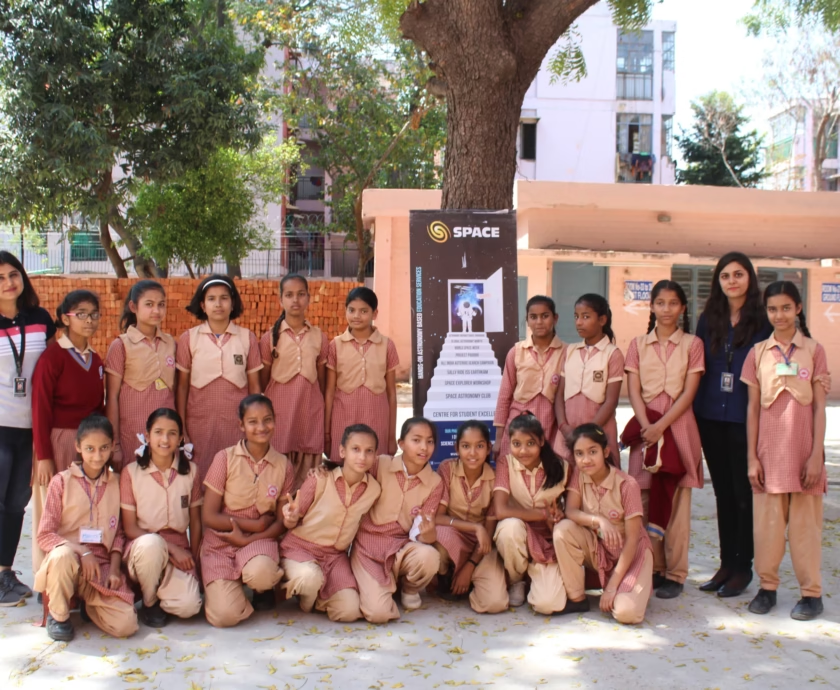Roadmap to Transforming India: Insights from the Viksit Bharat Young Leaders Dialogue 2025 – National Youth Festival
Viksit Bharat Young Leaders Dialogue – 2025. hosted at Bharat Mandapam, New Delhi, is a remarkable initiative aimed at empowering the youth to contribute to nation-building. This three-day event is a vibrant celebration of youthful energy and innovative ideas, setting a roadmap for a developed India/Viksit Bharat.
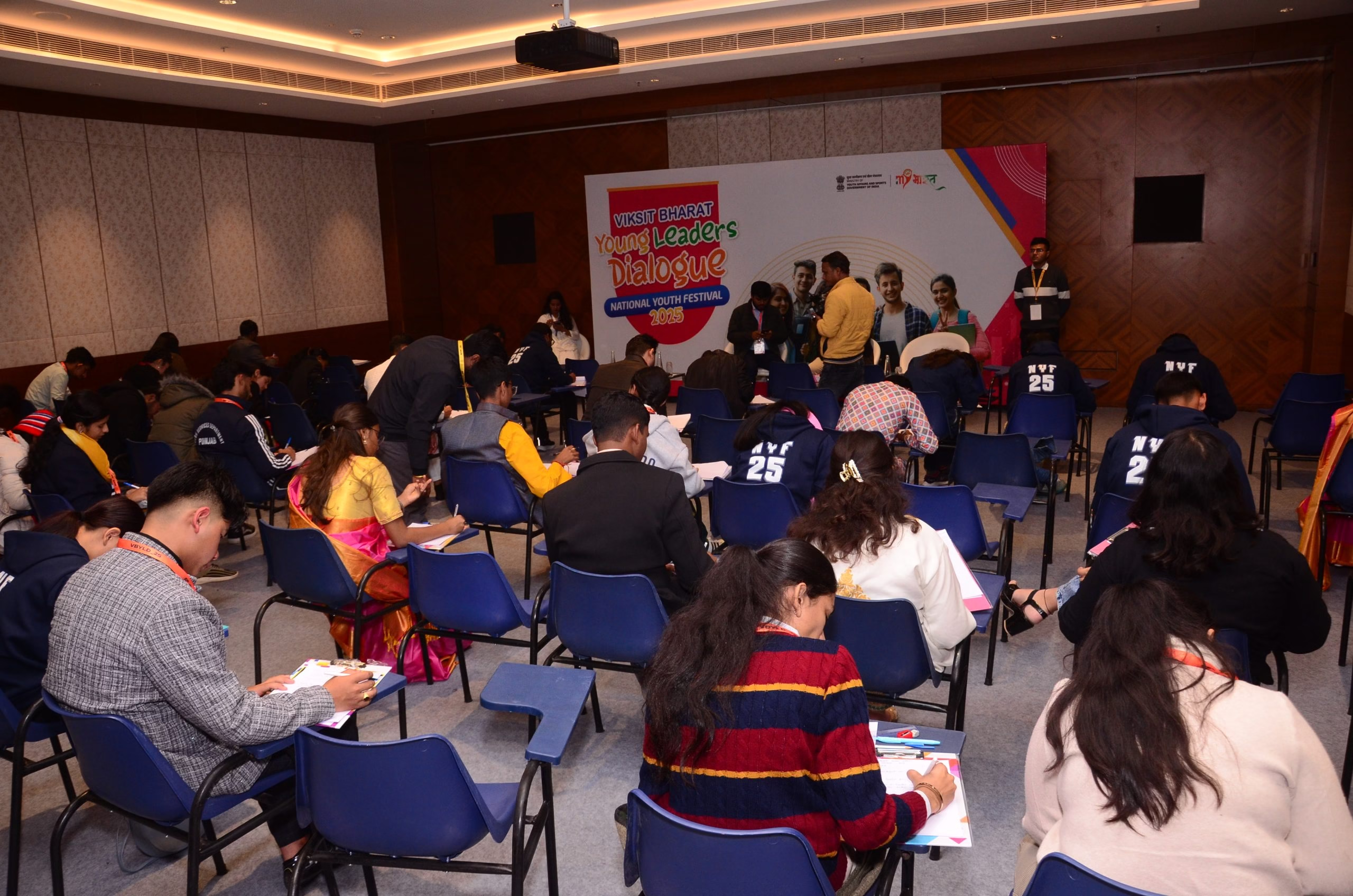
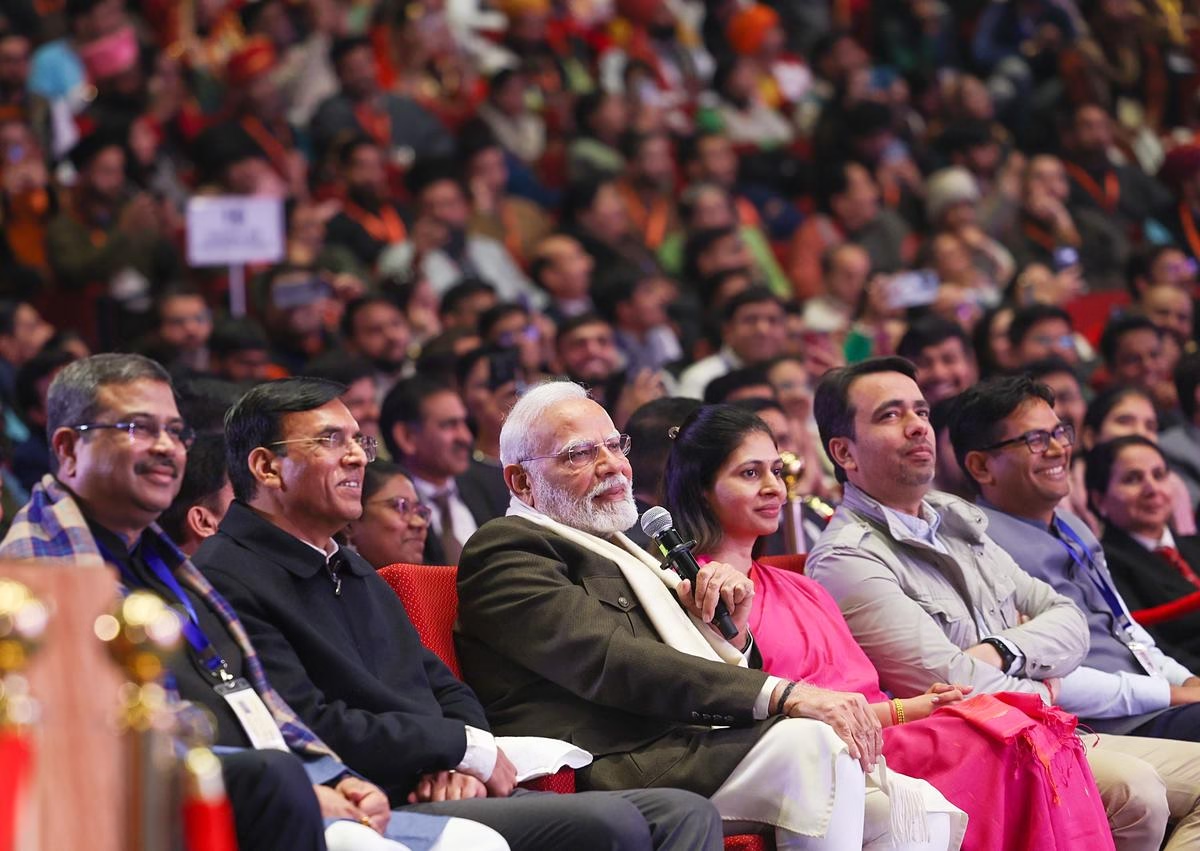
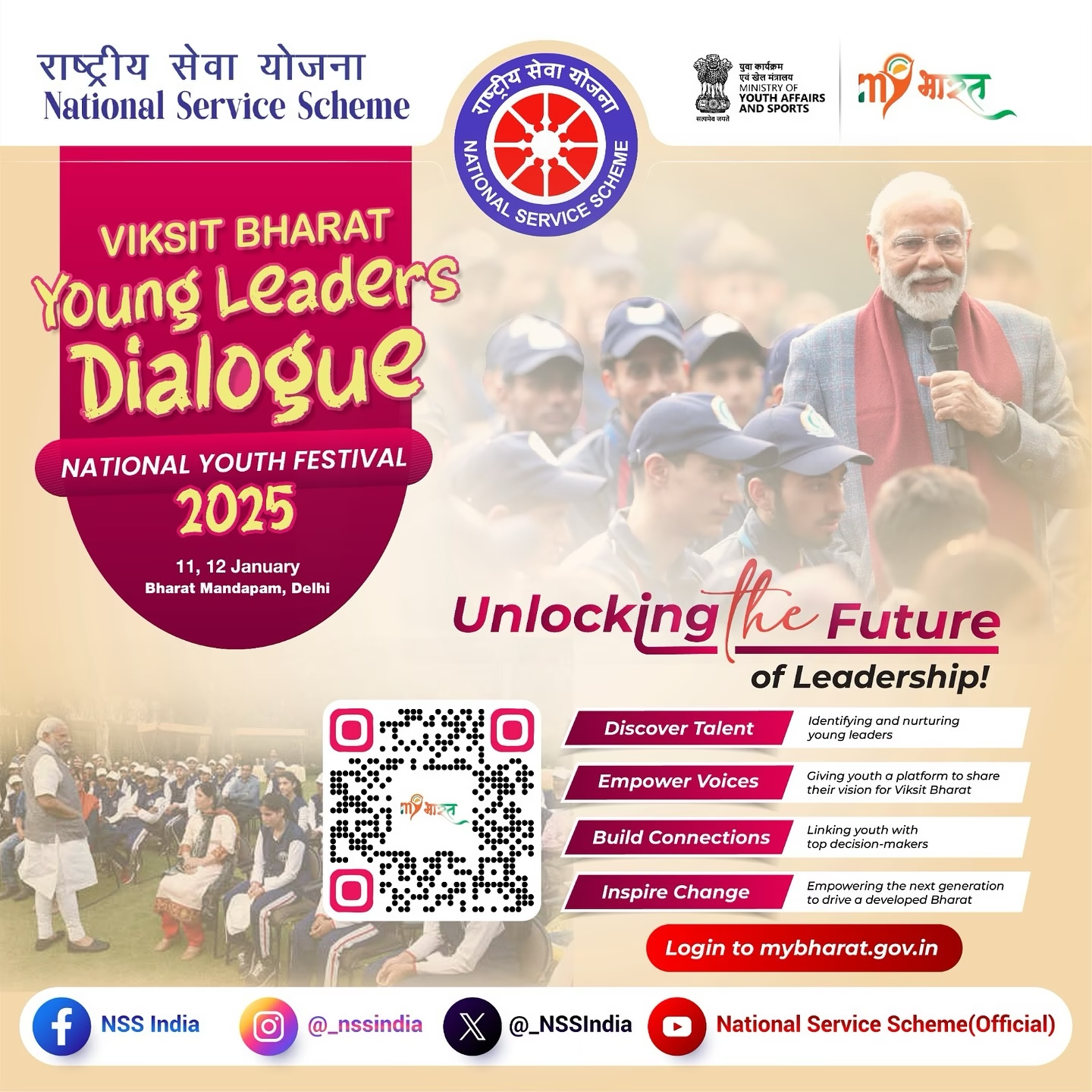
Overview
Organized by the Ministry of Youth Affairs under Union Minister Dr. Mansukh Mandaviya, the event brings together 3,000 participants across three tracks:
- Viksit Bharat Track: Representing top teams from State Championships.
- Traditional Track: Youth selected through state-level festivals and cultural programs.
- Pathbreakers: Individuals recognized for groundbreaking contributions across thematic areas.
Key highlights include thematic discussions, creative competitions, and excursions to national landmarks. The event culminates on January 12, National Youth Day, with Prime Minister Narendra Modi unveiling a Youth Anthem and a Coffee Table Book.
The Significance of National Youth Day
National Youth Day, observed on January 12, commemorates the birth anniversary of Swami Vivekananda, a spiritual leader who believed deeply in the potential of youth. With young people making up 40% of India’s population, this day serves as a powerful reminder to harness their dynamism for the nation’s progress.
Swami Vivekananda’s teachings inspire today’s youth to dream big, unleash their potential, and contribute actively to shaping a prosperous India.
Key Objectives of the Dialogue
The Viksit Bharat Young Leaders Dialogue 2025 aims to:
- Foster Collaboration: Create a platform for cross-sectoral idea-sharing among young leaders.
- Address Pressing Challenges: Focus on education, healthcare, technology, and sustainability.
- Instill Responsibility: Encourage youth to see themselves as catalysts for societal transformation.
By equipping young minds with the tools to lead and innovate, the dialogue seeks to turn aspirations into actionable strategies.
The Roadmap for India’s Transformation
The roadmap emerging from the dialogue is anchored on three pillars:
- Education: Emphasis on technology integration and critical thinking.
- Healthcare: Affordable access and community health programs to ensure a healthier population.
- Sustainability: Strategies for long-term environmental and societal well-being.
This multi-faceted approach ensures that India’s growth is inclusive and globally competitive.
Event Highlights
Day 1:
- Presentations on “Tech for Viksit Bharat” and “Empowering Women”.
- Cultural competitions in music, painting, and storytelling.
- Visits to historical landmarks like the Pradhanmantri Sangrahalaya.
Day 2:
- Inaugural sessions by Dr. Mansukh Mandaviya and MoS Raksha Khadse.
- Plenary discussions featuring icons like Anand Mahindra, Jonty Rhodes, and Sachin Bansal.
- Cultural performances under “Colours of Viksit Bharat”.
Day 3:
- Grand Plenary with Prime Minister Modi.
- Launch of a Coffee Table Book and Youth Anthem.
- Closing on National Youth Day with calls to action for all participants.
Insights from the Dialogue
- Technology as a Catalyst: Young leaders emphasized using technology to address poverty, education gaps, and health disparities.
- Public-Private Collaboration: Discussions highlighted the importance of partnerships in solving national challenges.
- Redefining Leadership: Calls for inclusive and empathetic governance reflect the youth’s aspirations for a participatory democracy.
These insights underscore the youth’s readiness to lead India into a transformative era.
Challenges to Overcome
Achieving the goals outlined in the dialogue requires addressing several obstacles:
- Bureaucratic Hurdles: Slow policy implementation can impede progress.
- Funding Shortages: Grassroots projects often lack financial resources.
- Societal Resistance: Traditional attitudes can slow acceptance of innovative ideas.
By tackling these challenges head-on, the vision of a developed India becomes achievable.
Case Studies Highlighted
Education:
Digital classrooms in rural areas have enhanced learning outcomes and fostered community participation.
Healthcare:
Grassroots health campaigns have addressed nutrition and hygiene in underserved regions.
Entrepreneurship:
Mentorship and funding programs have empowered young entrepreneurs, contributing to job creation and economic growth.
These case studies illustrate the transformative power of youth-led initiatives.
Call to Action
For Young Leaders:
Step up and take initiative in your communities. Use your networks, advocate for change, and collaborate to amplify your impact.For Policymakers:
Listen to the youth. Engage them in decision-making to ensure policies reflect their aspirations.For All:
Prioritize sustainability. Adopt solutions that address immediate challenges while safeguarding the future.
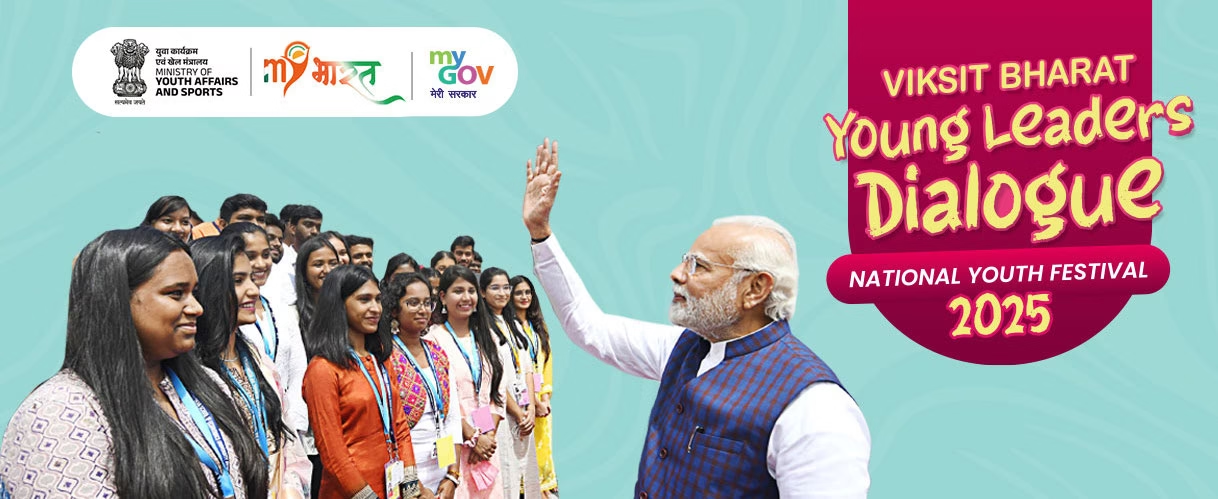
Swami Vivekananda viewed the youth of India as a strong link to a glorious past and a grand future. Vivekananda used to say that all power is within you, call upon that power. You must believe that you can do everything. This belief in oneself and turning the impossible into possible is still relevant to the youth of the country and I am glad that the youth of India understands this very well. The youth is moving forward with self-believe.
– Prime Minister Shri Narendra Modi
A United Vision for Viksit Bharat 🇮🇳
The Viksit Bharat Young Leaders Dialogue 2025 has ignited a sense of purpose among the youth, offering a clear roadmap for transformation. By prioritizing collaboration, innovation, and inclusivity, young leaders and policymakers can jointly propel India towards its ambitious goals.



